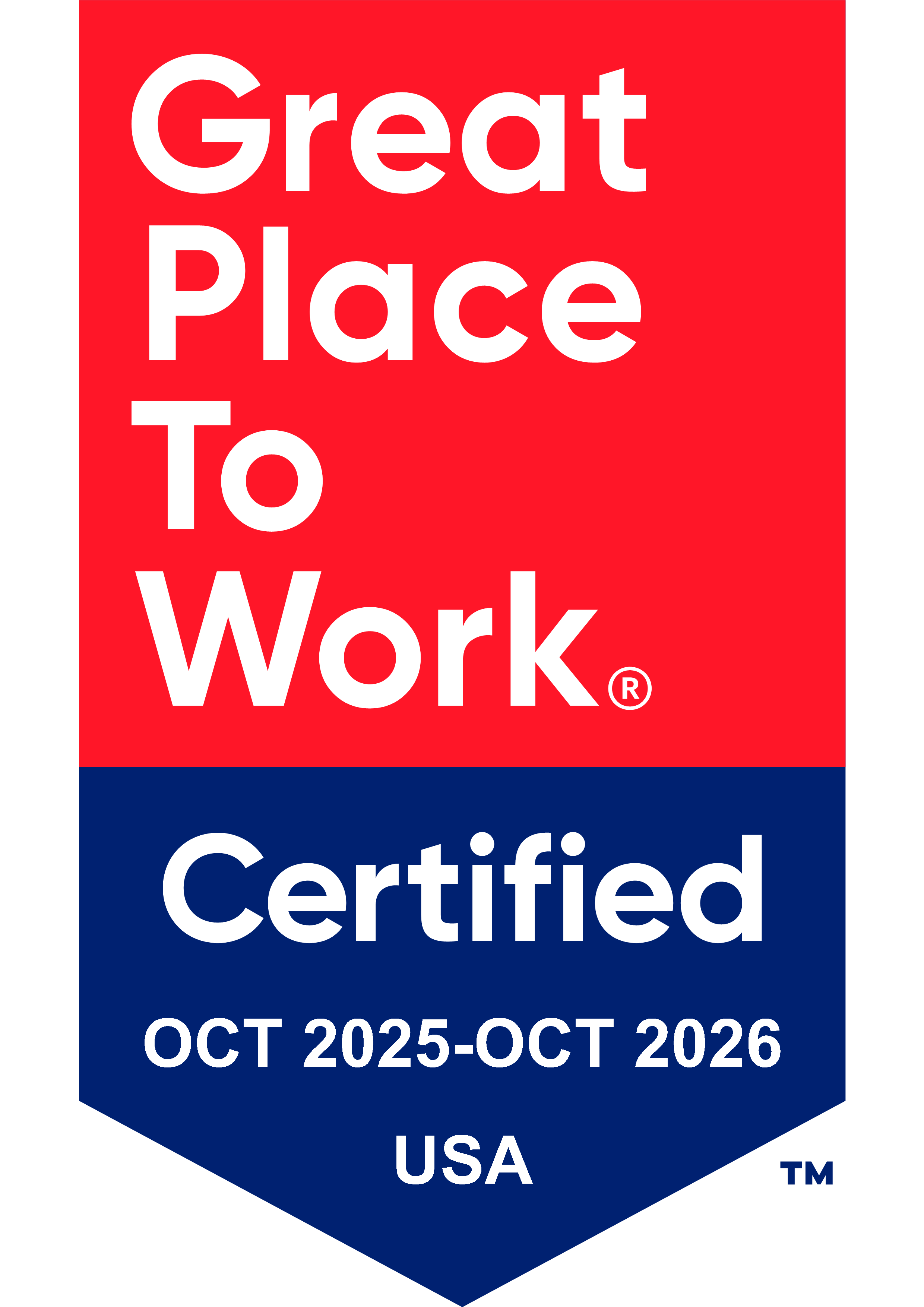Boyne Capital Featured on Inc. Magazine as a Private Equity Firm that Supports and Partners with Founders

This founder wasn’t receptive to private equity, until he met Boyne Capital’s team and learned their approach
The first time Rapid Fire Protection Group met Boyne Capital, the company was contemplating a roll-up deal with four other companies. When Rapid Fire decided not to pursue the transaction, it paved the path for Rapid
Fire and Boyne to work together.
Derek McDowell, Boyne’s managing partner and CEO recalls seeing enormous potential in the South Dakota-based fire protection company. “They were the best of the bunch. It didn’t make a lot of sense to try and jam all these businesses together. It was like jamming 12 cats in a burlap sack and claiming it’s a lion,” he says.
McDowell had another proposal for Rapid Fire. Instead of growing through acquisitions, he believed the company could first strengthen its platform and invest in systems. That resonated with Rapid Fire’s founder, Matt Hammon. Though he had built up a solid regional platform during the past 26 years, it wasn’t yet on the national scale of which Hammon dreamed.
“We had expanded to different regions, but we were at a point where we needed to get into acquisitions to really grow and build it any further,” he says.
While Hammon had been approached by several private equity firms over the years, he hadn’t liked what he heard. But McDowell and Boyne were different.
“They told me that they like to buy into companies and not buy out companies,” recalls Hammon, meaning Boyne wanted the original owners in place. That was important to him because, at age 45, he wasn’t ready to sell and exit the business. He loved the idea of maintaining 30 percent equity in the company.
Expanding and growing
Working with Boyne, Rapid Fire started strengthening its platform and making key hires like a chief financial officer. Boyne helped the company install a new enterprise resource planning (ERP) system so it could track and integrate other businesses quickly.
Rapid Fire also nurtured and grew its service business. Previously, the company primarily was focused on installing fire suppression and fire safety systems and less focused on servicing and ongoing maintenance. Growing the service part of the business from 20 to 40 percent of revenue helped extend customer relationships and provided recurring revenue.
Next came acquisitions. The company’s first addition was Aegis Fire Systems, a $16 million- revenue business based in California. That was a big step up from Rapid Fire’s previous purchase of a small, local company with $500,000 in annual revenue. The company also made three other acquisitions to expand its offerings and footprint in the western United States.
“They really helped take us to the next level that you need to be at to do these large acquisitions,” says Hammon, citing the legal, due diligence, and accounting expertise his company gained.
After 2 years of partnership with Boyne, Rapid Fire’s revenue and earnings before interest, taxes, depreciation, and amortization (EBITDA) were 250 percent and 350 percent of their starting levels, respectively.. Pye-Barker Fire & Safety bought Rapid Fire in 2021.
“My team got there a lot quicker, and we had a successful outcome,” Hammon says. “I don’t think we would have imagined that outcome in two years. We couldn’t be happier with the results.”
Click here to read the article on Inc.com.



